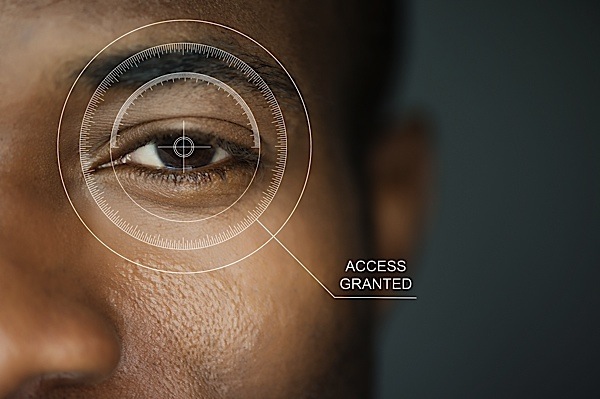Technological breakthroughs experienced in Africa are good indications that the continent can soon match the western technology. The continent is recognized for being testing ground for technological leapfrogging. South Africa utilizes robots in mining and drones are used in various parts of the continent in agriculture and health sectors. Somalia will make history for being the first country globally to use iris recognition in the presidential election. Other countries are likely to follow the suit and the system is likely to eradicate electoral malpractices experienced in the continent and other parts of the world.
Somalia took this step after disputed 2008 elections which left the world questioning the transparency and democracy in the country. Kenya had also adopted a different technological approach after the controversial 2007 elections although they still face other challenges. The use of iris recognition system is likely to help Somalia hold free, fair and credible elections which is essential for democratic transitions.
The electronic voting system adopted by Somalia is eyed to be the regional powerhouse in deployment and production of technological advancements in Africa. We may ask ourselves what prompted Somalia to embrace electronic voting system? Somalia wants to build a good image to its investors and be internationally recognized as a sovereign state. For this reason, since 1991, the state has been putting measures to ensure they hold free, fair and credible elections.
Since Somalia had reported duplicate voter registration in the 2008 elections, the state had to solve this problem by adopting technological remedies. The iris recognition was reported to be superior since it could efficiently recognize different faces and fingers. The system was tested to ensure it does not fail during the election period and the design explained to technical experts in the country. The database set was also transparent, and users could easily access it.
Somalia had to gain the citizens’ trust in their electoral system by ensuring a transparent procurement process of biometrics is done. In 2014, the state was supported by Notre Dame University in the US, and the work was entrusted to Professor Kevin Bowyer. By seeking the support of international experts, this was a wise decision that the country made since the partnership finally helped the country to get technical experts.
The system in Somalia will change the approach that observations mission will use as they will have access to iris recognition technology. This will present a better method so that international observers no longer use traditional methods of validating the election. Technology and democracy are on trial in African states with the most recent case where Kenyan electoral body had not complied with the technical standards required. While international observers reported that the election was free and fair, the supreme court of Kenya nullified the elections saying that the electoral body did not comply with constitutional requirements.
As leapfrogging services are implemented in Africa, some issues call for the states to address. There are concerns that some states like Rwanda and Tanzania are diverting financial resources from infrastructure like roads and channeling them to drones which are used to transport medical supplies. Drones are useful, but the state should balance resources adequately.
The use of M-Pesa in Kenya is a good indicator that leapfrogging services and technology can intermarry since the service has brought changes in consumer behavior in Kenya. Africa presents many technological joint ventures, but the tax imposed on the stakeholders is a stumbling block.
Somalia having given other African state an example, numerous opportunities can be explored in Africa since the technology is expanding in all directions.



